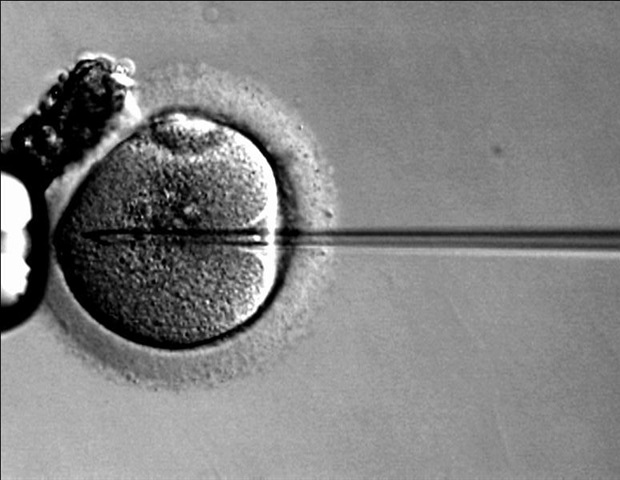Breakthrough Discovery in Liver Development
Researchers from the San Raffaele Telethon Institute for Gene Therapy (SR-Tiget) have made a groundbreaking discovery about liver development. In a recent study published in the Journal of Hepatology, they revealed that only 15-20% of hepatocytes in newborn mice, called clonogenic hepatocytes, are responsible for forming over 90% of the adult liver mass. This challenges previous beliefs about how the liver grows and regenerates, highlighting the crucial role of these specialized cells. 
Implications for Liver Disease and Regeneration
This discovery opens new possibilities for treating liver diseases and advancing regenerative medicine. By focusing on clonogenic hepatocytes, scientists hope to develop targeted therapies that could enhance liver repair or even enable liver regeneration in patients with chronic liver conditions. The study’s findings could pave the way for innovative gene therapy approaches, making liver treatments more effective and personalized.
As research continues, understanding the behavior and potential of these clonogenic hepatocytes will be vital for medical progress. Stay tuned for more updates on this exciting development in liver biology.
Sources: News Medical – Clonogenic hepatocytes identified as engines of liver development